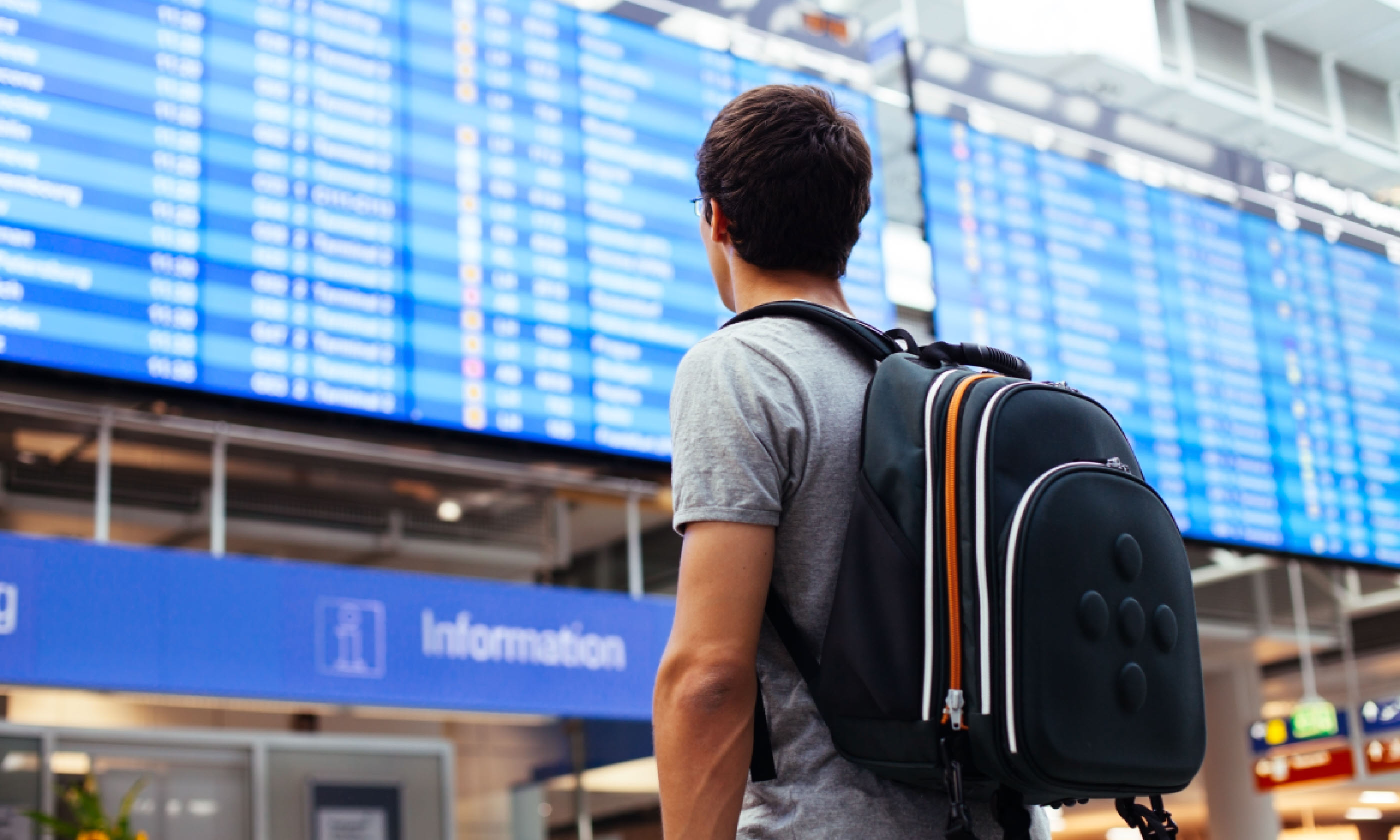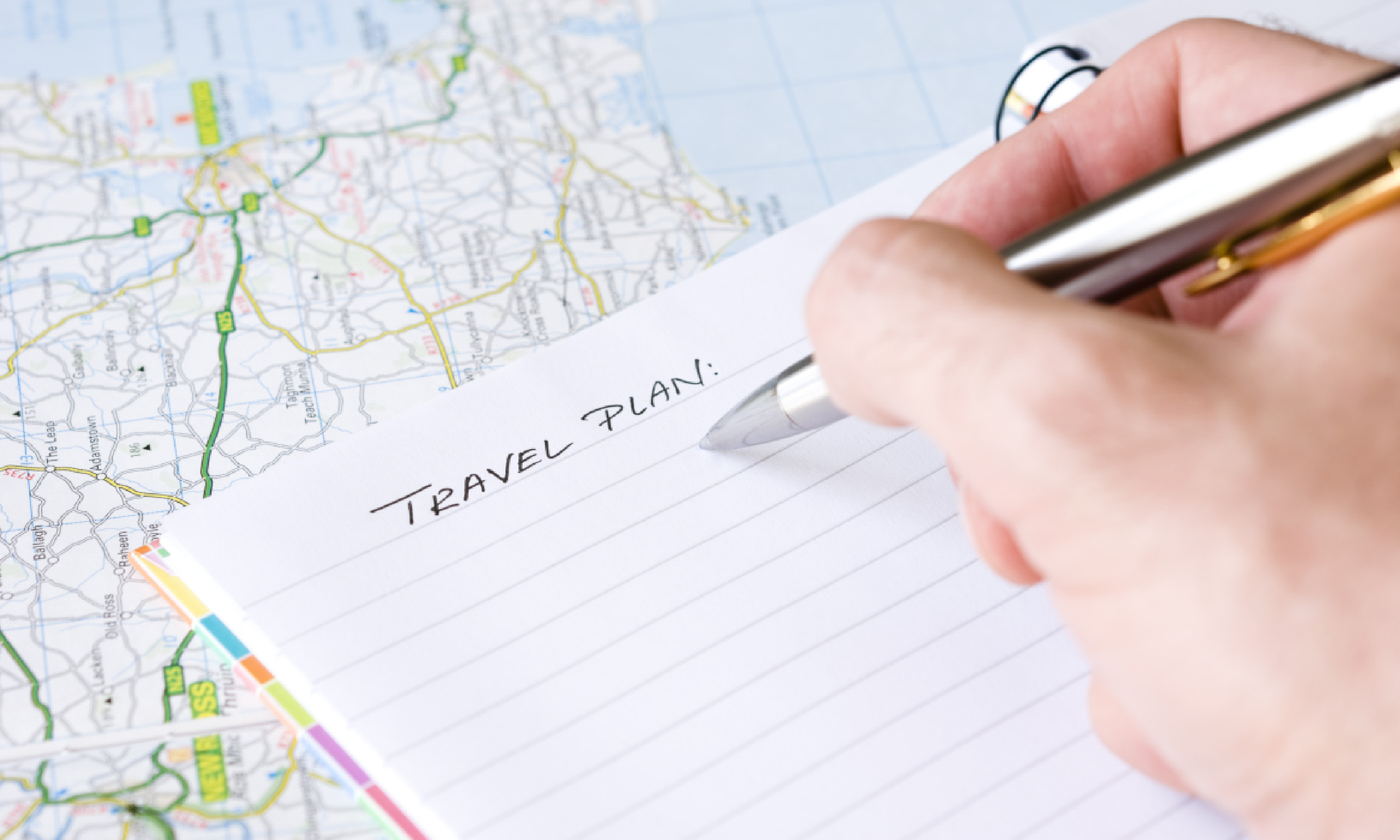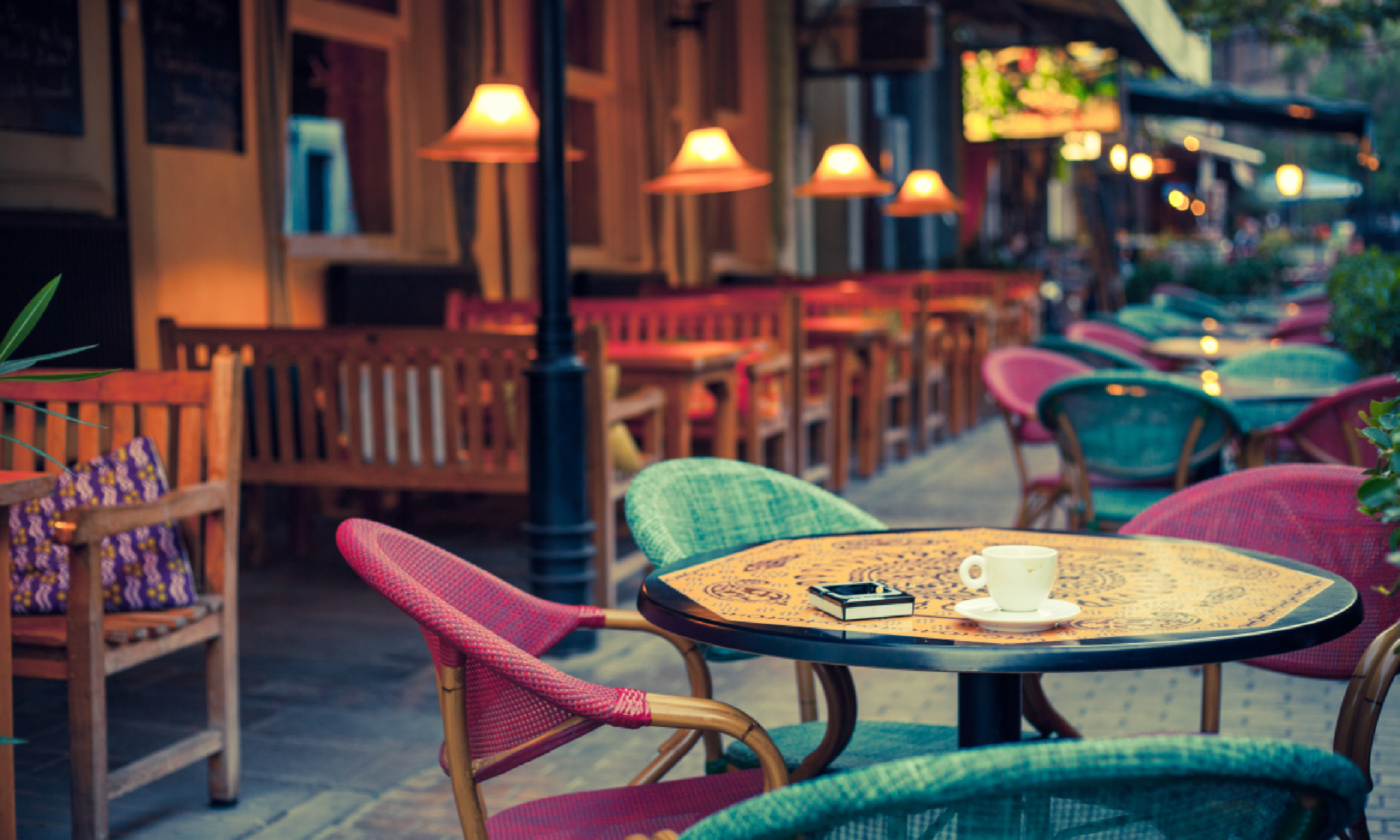
How to beat anxiety when you travel
Travel can be uplifting and inspiring – but it can also be stressful and disorientating. Dr Jane Wilson-Howarth considers what you can do to make your trip stress-free
Travel experiences are emotionally loaded. There is excitement, yes, but the tingle factor comes at least in part from the fact that we are stressed, even if only a little.
On arriving in a new place, there is a lot to deal with: a bombardment of sights and sounds, unfamiliar signposting, a lack of familiar support systems. You may feel hounded by touts and beggars; people might seem to stand too close. You are probably also fatigued and jetlagged.
It can take hours to accomplish simple tasks, such as finding a hotel or buying a bus ticket. You might resent feelings of homesickness. You may also start to resent local people when they appear obstructive or unhelpful – but then you start hearing phrases such as ‘Peruvian time’, mañana, 'insh’Allah' or ‘that’s life’. It is important to slow down, and to accept that in some places things just move at a more relaxed pace than you’re used to.
 Make travel plans, but keep them flexible
Make travel plans, but keep them flexible
Preparations
Some travellers research their destination carefully and devise a strict itinerary. But even rigid plans may alter if there are strikes, weather events or other complications. Those who like a predictable schedule will find changes stressful; others will embrace this as an opportunity to experience the unexpected.
Those who plan nothing, shun guidebooks and plunge in unprepared are at risk of a different range of hazards. Not checking Foreign & Commonwealth Office advice could mean walking into riots or natural disasters, with consequences ranging from an inability to catch a bus, to invalidating your travel insurance, to much worse.
Without knowing local laws, you could be arrested for carrying illegal substances – like pork and alcohol in certain Muslim countries or even poppy seeds in the UAE. Ignorance of these laws won’t stop you being put in prison – which definitely increases stress levels.
Top tip: Check FCO advice before travel. The US Department of State site also contains lots of useful information on local laws as well as local health facilities and security risks.
Health challenges
People travelling with long-standing health issues need to plan carefully, even on short trips. Do not assume you can arrange routine blood tests anywhere or that medical supplies will be available. Accessing such services in an unfamiliar place (especially a non-English-speaking destination) can be time-consuming and stressful. EHICs smooth the way in much of Europe.
Top tip: Carry a medical summary and list of regular medications with their generic names. Get your GP’s approval before booking any remote trips if you have health challenges.
Good stress, bad stress
The work you have to put into travelling adds spice to exotic experiences. Unpredictability increases the excitement. Indeed, many of us like to feel a little out of control; being on the edge of coping can give a real buzz.
Travel can be seen as an escape from stressors at home – some people organise a big getaway after a break up or bereavement, or even on receipt of a devastating diagnosis. However, it’s important to remember the problems you hoped to leave at home often accompany you on the journey. And the levels of stress you experience on a trip are partly down to the kind of person you are.
Top tip: Switch off your phone and find somewhere to chill; perhaps a local spa or simply a chair outside a café – enjoy having nothing to do but watch the world go by.
 Take some time to relax in a cafe (Shutterstock)
Take some time to relax in a cafe (Shutterstock)
Expectations
Expectations influence stress levels. You may be imagining a trip to paradise but if your first impression is pollution and poverty, you might feel huge disappointment, even anger. Flight fatigue and jetlag limit the ability to cope with delays and surprises, and compromise enjoyment.
If time permits, break journeys into shorter legs, which is good for mind and body. Jetlag tends to be worse when travelling east (when you lose time); it takes about a day per hour of time difference to adjust sleep patterns. Bowels take longer to reset.
There aren’t any well proven herbal or pharmacological remedies to suppress the symptoms of jetlag but getting out into daylight helps. To speed the resetting of the biological clock take high-protein meals early in the day and eat low-protein, carbohydrate-rich foods in the evening.
Some travellers believe tyrosine and tryptophan supplements help. Others use homeopathic No-Jet-Lag or preparations based on arnica, but I find rest and dietary manipulation most effective. Melatonin is probably helpful; this is available over the counter in the Americas and online in the UK.
Top tip: Carefully consider flight schedules and don’t automatically book the cheapest flight – it may be wise to book a more expensive flight that arrives at a better time to minimise jetlag, fatigue and feelings of disorientation.
Schedule
The key to having an enjoyable, stress-free experience is to avoid goal-driven trips. Expecting to see everything a destination offers is likely to lead to disappointment and frustration.
You’ll get the most out of any visit – and come home more chilled – if you allow time for people-watching. This is also when chance encounters happen – those encounters that sweeten the travel experience and furnish you with good tales to share when you return home.
Top tip: Having too many goals increases stress levels.
3 things to remember...
1. Problems left at home often sneak on board too
2. Travel is tiring, as well as exciting; be patient with yourself and others
3. Check the security situation before departure
Dr Jane Wilson-Howarth’s website is at wilson-howarth.com


